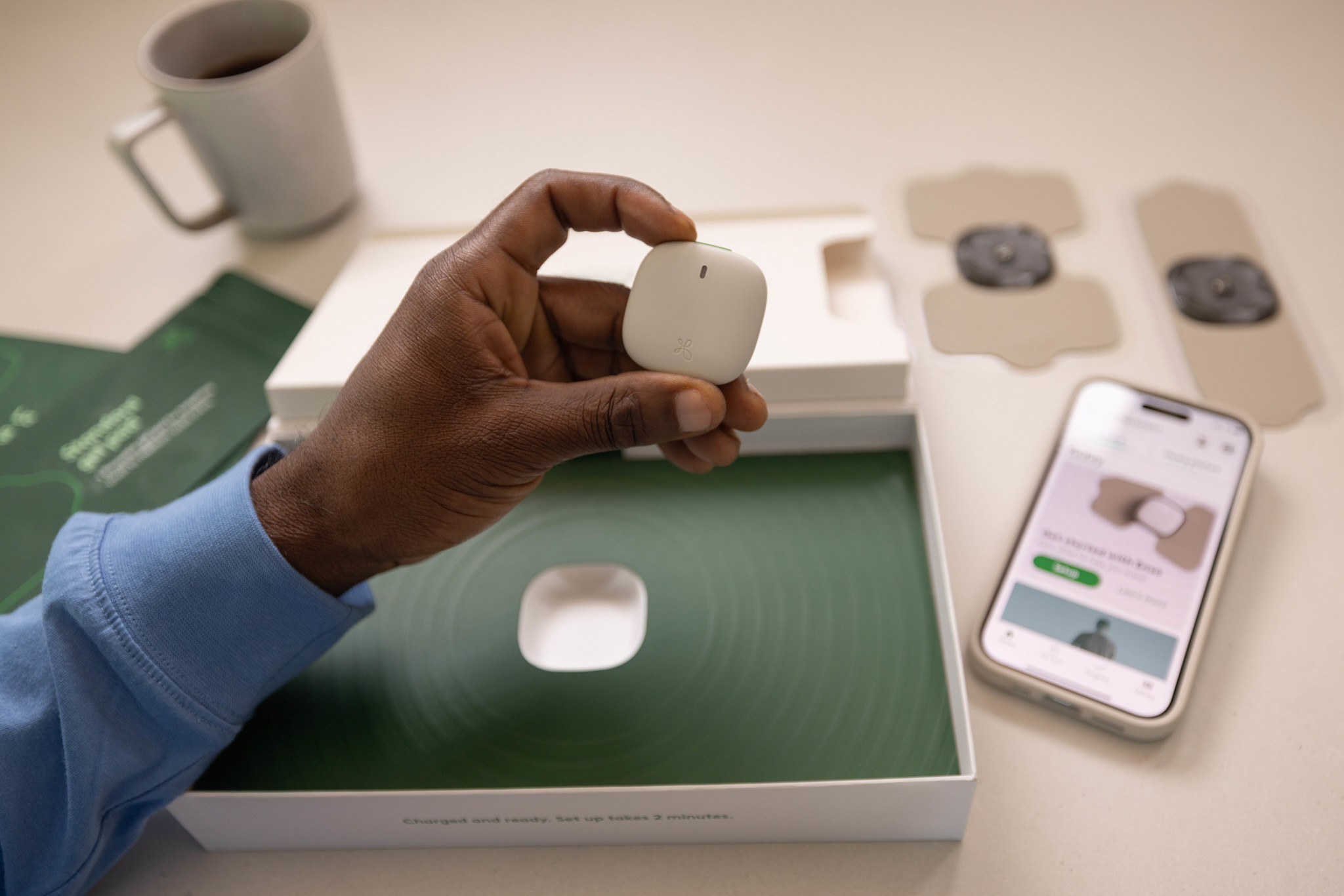6 Ways Enso Is Different from Other TENS Devices
Learn how Enso, a pain relief device from Hinge Health, is specially designed to reduce pain, compared with other TENS devices.
Published Date: Aug 13, 2024
- Hinge Health Learning Center
- Articles
- 6 Ways Enso Is Different from Other TENS Devices
